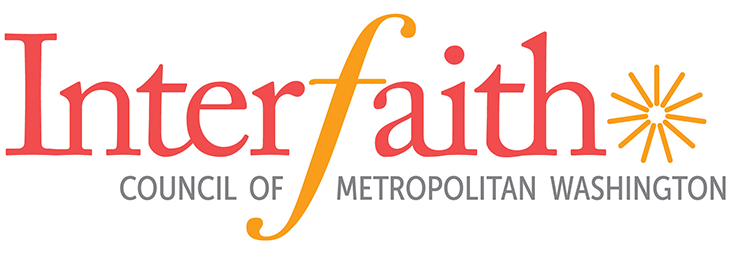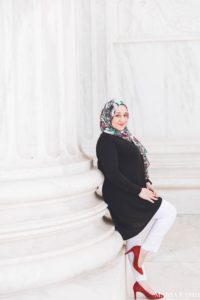
From my perspective, faith based conversations, events and collaborations have almost always involved men making the decisions and setting the agenda. Majority of the time, women weren’t consulted or were considered lower tiered personnel who didn’t have a say in the conversation. At some events, men and women are very aware of the importance of having women present as well as part of the organizing committee and speakers, but these were the exceptions. I always thought to myself ‘Why are we women consciously or unconsciously left out?” Is it just a Muslim issue or do women from other faith groups have the same experience?
At some events, I would have a conversation with the organizers and ask about the absence of women or the imbalance in ratio between the men and women on stage. The women would almost always tell me that they brought up the issue but the male organizers would shut them down. When I asked the men, they would come up with some issues of credibility, as if women’s scholarship is scarce and maybe even non-existent in their opinion.
At some point, my frustration with constantly asking was wearing me down. Do I continue to keep asking or do I also figure out a way to amplify women’s voices? I didn’t want to be the one constantly elbowing organizers without actually producing something myself. As I thought about this, I realized that I have to find a platform where women can have a voice and the content can be found online. This took me down the road to starting a podcast. I wanted to have two other women faith leader co-hosts from the Jewish & Christian faith groups on the podcast. We would talk about issues pertaining to faith and life but coming from the voices of women.
I started the Sister Act Podcast in February of 2020 right before COVID took over our lives. Since we couldn’t meet in person, my co-hosts Rabbi Susan Shankman of the Washington Hebrew Congregation, Dr. Sabrina Dent of the Center for Faith, Justice and Reconciliation decided to record our episodes on zoom but stream live on Facebook as well. This gave us an advantage where people could watch and listen on Facebook and could also listen to the podcast on different podcast platforms such as Spotify, Apple Music, Google Play, etc. Eventough we have listeners from all over the world and rural communities in the United States, we don’t focus on the numbers of listeners or downloads. We mainly focus on women’s voices and content availability.
The added benefits are that we bring in our own faith perspective, our own opinions, our healthy disagreements and the sisterhood which has been forged from the podcast. The three of us have a group chat we use daily to update each other on our life events, issues and even at times to vent about something which has been bothering us. The three of us know that if any one of us needs help, the other two would be right there to do what needs to be done.
Our episode topics range from women leaders throughout history, the great men in our lives, social justice issues, to the difficulty of finding a spouse. We have cried and laughed on the podcast numerous times because we are all very comfortable with being vulnerable and true to ourselves. We are able to show the world that three women from three different faith backgrounds can be powerful agents of peacebuilding, advocate for themselves and their faith, be friends and build on their relationships and show the world how women’s involvement is key in all aspects of life. We created such content that the American Muslim Institution decided to take our podcast on as a project.
I have learned that I have the opportunity to create space for women and this opportunity is available to all women in the United States if we just believe in ourselves and follow through with our ideas. We must find men and women who will be allies and help us carry some of the workload and responsibilities. But at the end, know that when women are not at the table, we are powerful enough to counter the lack of representation by creating our own space.
–By Hurunnessa Fariad, Director of Outreach at Multi-faith Neighbors Network
.

